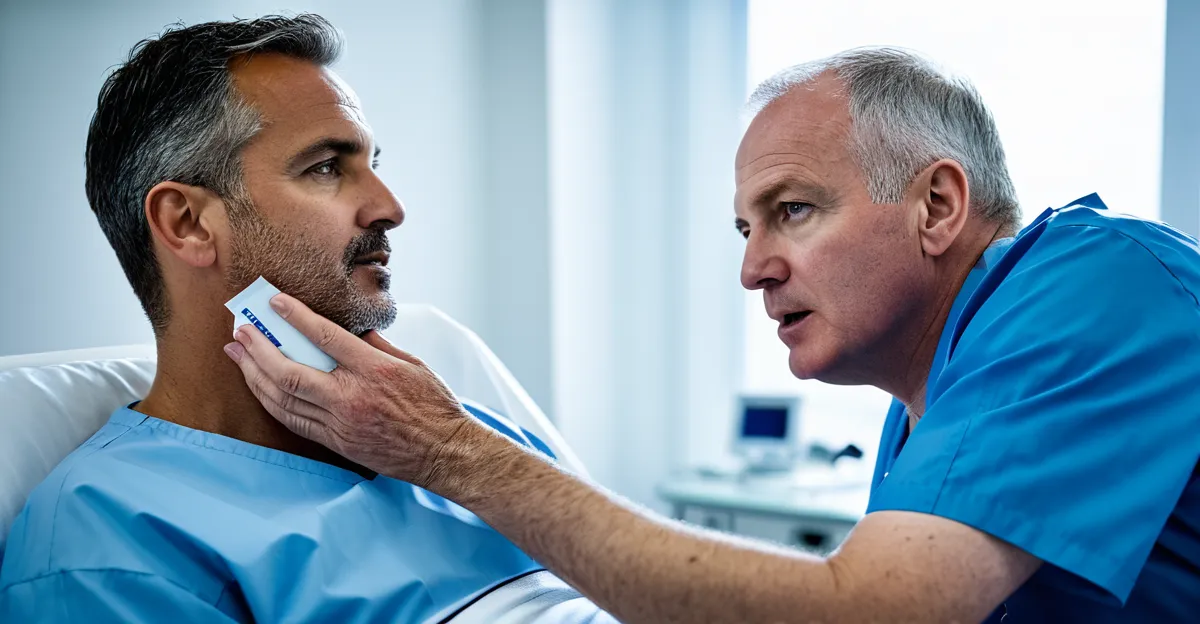Digital Transformation in NHS Patient Care
Exploring vital advancements enhancing healthcare delivery
The NHS digital innovation journey prominently features the widespread implementation of electronic health records (EHRs). EHRs streamline patient data management, facilitating swift access to comprehensive medical histories across multiple care settings. This integration reduces errors and duplication, ultimately boosting patient safety and care continuity.
Topic to read : How is the UK fostering diversity in news reporting?
A key pillar is the rise of telemedicine, which empowers remote consultations. Telemedicine adoption allows patients to receive timely care without geographical or mobility constraints. This shift not only improves access but also lightens the burden on healthcare facilities, especially in underserved regions or during peak demand periods.
Moreover, NHS adoption of diverse digital tools in healthcare enhances patient monitoring. Wearable devices, mobile apps, and digital dashboards enable continuous tracking of vital signs and symptoms, allowing clinicians to intervene proactively. Such tools contribute to personalized care plans and improved chronic disease management, demonstrating how technology is reshaping patient-centred care in practical, measurable ways.
Topic to read : What impact is inflation having on the UK economy?
New Models of Service Delivery
Enhancing care through integration and community focus
The NHS service delivery innovation increasingly emphasizes integrated care models that unite health and social services. These models address patient needs holistically, coordinating medical, social, and mental health support in one streamlined approach. For example, joining community health teams with social care providers reduces fragmentation and improves overall patient outcomes.
Multidisciplinary teams play a vital role in this transformation. They bring together healthcare professionals from various specialties to foster collaboration and shared decision-making. This ensures that care plans are comprehensive, patient-centred, and adapted to individual needs. Such coordinated efforts reduce hospital admissions and support smooth transitions between care settings.
Home-based and community healthcare programs are also central to NHS service delivery innovation. They provide care in familiar environments, enhancing comfort and enabling earlier discharge from hospitals. These initiatives often leverage digital monitoring tools, allowing clinicians to oversee patients remotely, detect changes promptly, and adjust treatments accordingly. This blend of integrated systems and local support strengthens continuity of care, demonstrating how the NHS is reshaping service delivery to meet modern challenges effectively.
Research and Clinical Trials Driving Improvement
Empowering evidence-based care for better patient outcomes
The NHS research initiatives form a cornerstone of its continuous improvement in patient care. Through extensive clinical trials, the NHS tests new treatments, technologies, and care pathways to validate their safety and effectiveness before widespread adoption. These trials often involve diverse patient populations, ensuring results are applicable to real-world settings.
Translating research findings into evidence-based care means that clinical protocols evolve based on robust data rather than tradition alone. This approach strengthens treatment accuracy and personalises patient care by identifying which therapies work best for specific conditions. For instance, pilot programs trialling advanced digital monitoring tools have shown measurable improvements in chronic disease management, accelerating their integration into routine practice.
Recent NHS partnerships with academic institutions and industry partners accelerate innovation by pooling expertise and resources. Such collaborations enhance the scale and quality of research, enabling rapid translation from laboratory to bedside. These initiatives underscore the NHS commitment to driving improvement through scientific rigour and practical application, ultimately elevating patient health outcomes systematically.






